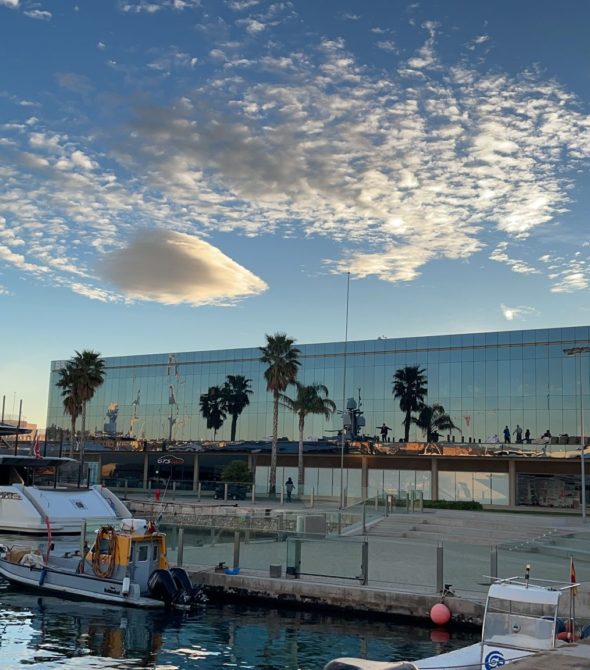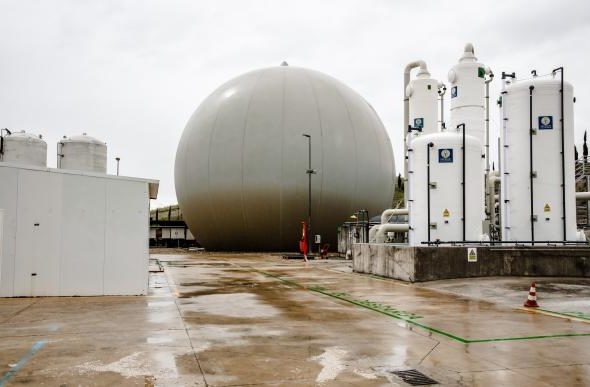Repsol successfully completed the manufacture of the first batch of biofuel for aviation, ‘biojet’, produced in the Tarragona industrial complex.
The batch of biojet manufactured in Tarragona from biomass consists of 10,000 tons of aviation fuel (the equivalent of the consumption of 145 flights Barcelona-Los Angeles) and has passed the demanding tests required for these products. It has a ‘bio’ content of less than 5% to meet the quality requirements established by international specifications, and its use will prevent the emission of 630 tons of CO2 into the atmosphere, the equivalent of 55 Madrid-Barcelona flights.
In Spain, the National Integrated Energy and Climate Plan recognizes that biofuels are the most widely available renewable technology currently used in transportation. For the aviation field, the biojet, obtained from biomass or waste, is today the only alternative and is included in the list of sustainable fuels.
In the case of the biojet, tests have been carried out to determine the most suitable raw material, with the aim of meeting the demanding requirements of Jet A1 aviation fuel in terms of behavior at low temperatures and additional quality controls. Numerous tests were carried out to determine the concentration of biofuel, as well as the most suitable conditions and production unit for its manufacture.
On the other hand, Repsol’s Tarragona complex invested EUR 5M in doubling its propellant storage capacity which has involved the purchase, adaptation and installation of 8 new tanks similar to the existing ones, integrating the tanks into the production and loading system of the current installation.
Propellants are used in various applications such as air fresheners, insecticides, gardening, cosmetics, etc. These liquefied gases, treated and purified, achieve a degree of food and cosmetic quality and, in turn, are friendly to the environment and respect the ozone layer.
A large number of products use Repsol’s liquefied gases in their composition, such as in containers or trays for food, in lighters and in other aerosol containers for very different uses: fragrances, deodorants, shaving foams, hairspray, perfumes, paints, insecticides or lubricants. The propellants manufactured in Tarragona have had special relevance this last year, as it is one of the components in the manufacture of hydroalcoholic aerosols for the prevention of COVID19.
Privacy Overview
This website uses cookies so that we can provide you with the best user experience possible. Cookie information is stored in your browser and performs functions such as recognising you when you return to our website and helping our team to understand which sections of the website you find most interesting and useful.





